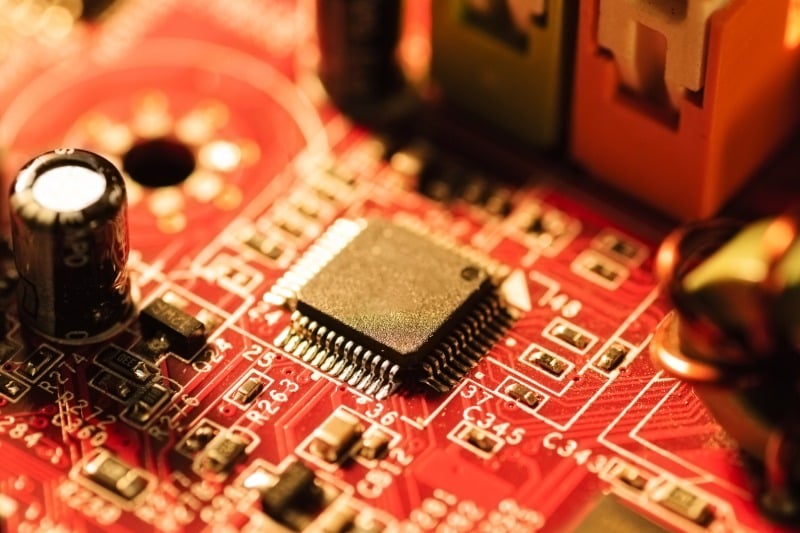Autonomous systems have become increasingly integrated into all aspects of every person’s daily life. In response, the Johns Hopkins Institute for Assured Autonomy (IAA) focuses on ensuring that those systems are safe, secure, and reliable, and that they do what they are designed to do.
Pillars of the IAA

Applications
Autonomous technologies perform tasks with a high degree of autonomy and often employ artificial intelligence (AI) to simulate human cognition, intelligence, and creativity. Because these systems are critical to our safety, health, and well-being as well as to the fabric of our system of commerce, new research and engineering methodologies are needed to ensure they behave in safe, reasonable, and acceptable ways…
Foundational AI
Autonomous systems must integrate well with individuals and with society at large. Such systems often integrate into—and form collectively into—an autonomous ecosystem. That ecosystem—the connections and interactions between autonomous systems, over networks, with the physical environment, and with humans—must be assured, resilient, productive, and fair in the autonomous future…


Ethics and Governance
The nation must adopt the right policy to ensure autonomous systems benefit society. Just as the design of technology has dramatic impacts on society, the development and implementation of policy can also result in intended and unintended consequences. Furthermore, the right governance structures are critical to enforce sound policy and to guide the impact of technology…
